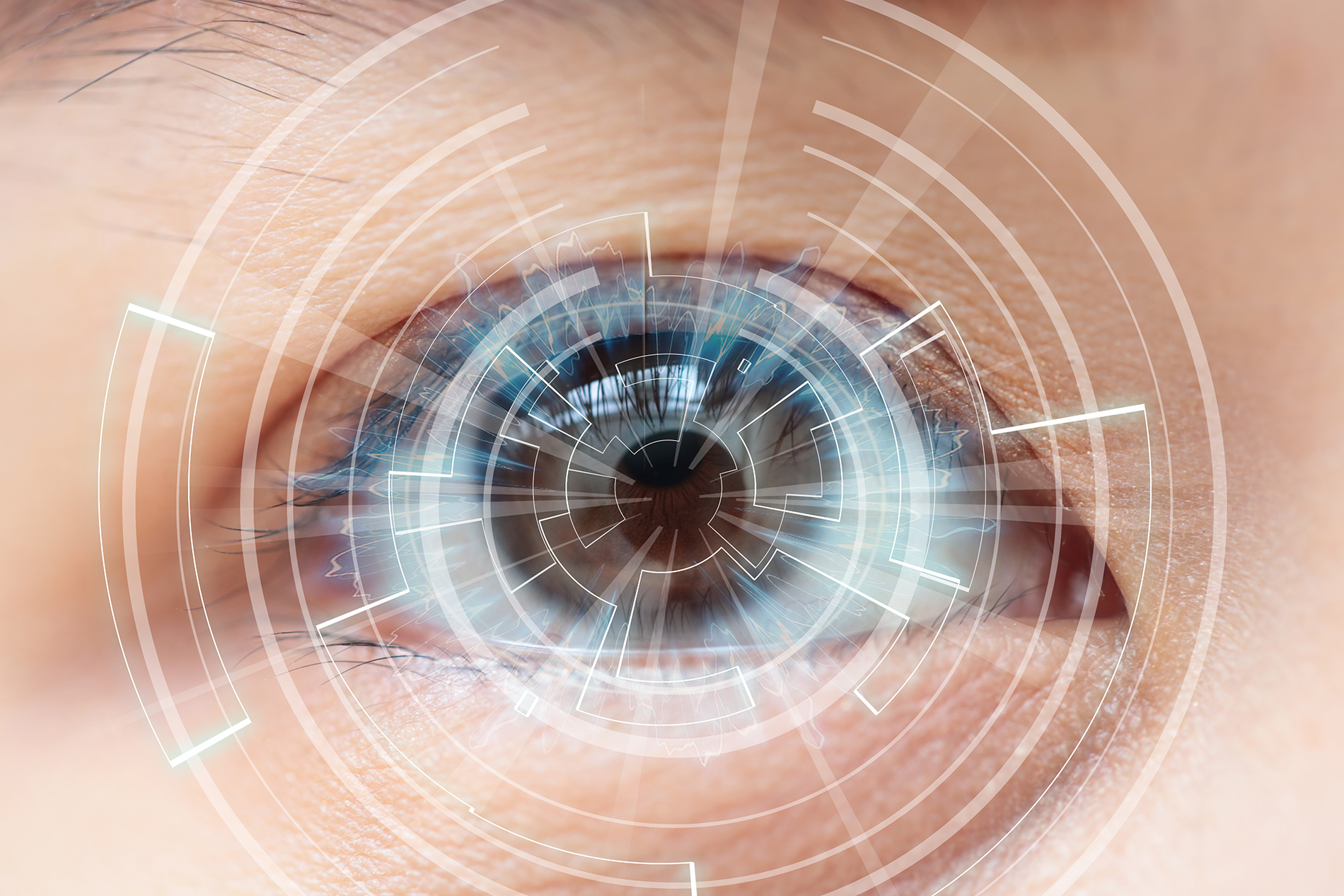Think you're too young to think about cataracts? Think again! Most of us start developing them in our 40s, so it's never too early to learn how to slow their progression. Ophthalmologist Bethany C. Bray, MD, shares what you need to know about cataracts.
Q. At what age do cataracts usually start developing?
A cataract usually forms in the eye's natural lens after age 40. Until that time, the natural lens is clear. After age 40, protein changes in the lens make the lens turn cloudy. Sometime in our 50s – 60s, this cloudiness becomes noticeable in our vision.
Q. What are the symptoms of cataracts?
The most common symptom is blurry or foggy vision. There may be a ghosted image around objects. Having trouble seeing well at night is also common. Cataracts may also give a glare or halo effect around lights which can be especially troublesome for driving at night. Colors may be less bright or vivid than they used to be.
Q. Are some people more likely to develop cataracts than others?
Because cataract formation is a natural part of the aging process within our eyes, almost everyone will develop a cataract at some point. Risk factors that increase the chance of developing a cataract include:
- Diabetes is a risk factor for early cataract formation, and cataracts often progress faster in those with diabetes.
- Cigarette smoking may quicken cataract formation.
If someone in your family history developed an early cataract, you may also be at risk of early cataract formation. - UV radiation from the sun is also a risk factor for cataracts.
- Having had an eye injury, certain times of eye surgery or intraocular infections, and radiation treatments to your head and neck may also cause cataracts.
- Certain medications, such as corticosteroids, may also cause cataracts.
There is not much you can do to prevent cataracts, but there are things you can do to slow cataract formation. Wearing UVA/UVB protective sunglasses when out in the sun may help. Avoid cigarette smoking. If you have diabetes, maintain good control of your blood sugar.
Q. How do you know it's time to have cataract surgery?
The time to pursue surgery when your vision changes due to cataract formation limit your daily activities, your glasses or contact lenses no longer work well, and the main issue inside your eye causing your vision is the cataract.
Q. What can patients expect from surgery?
Most cataract surgeries are performed in an outpatient setting. Typically, surgery is only performed on one eye at a time. Light anesthesia sedation and numbing medications for the eye are used to keep you comfortable during the procedure, but general anesthesia is not needed. The procedure typically takes less than 15-20 minutes. Your vision will be blurry for several days after surgery, but most people can begin using their vision again on the day after surgery.
After cataract surgery, it usually takes one month for your vision to stabilize fully. You will wear an eye shield at night for one week after surgery. Your surgeon will instruct you not to rub your eye, lift anything heavy, or get water in your eye for one week. You may have eye drop medication for several weeks after surgery.
Q. Is there anything else you want people to know about cataracts?
After the cataract is removed, an artificial intraocular lens implant is inserted into your eye. This implant has vision correction optical properties similar to glasses and contact lenses. There is a wide variety of implant designs and strengths available. Your eye surgeon can discuss your vision needs and how cataract surgery and the appropriate implant may accomplish your goals.

Bethany C. Bray, MD, Lexington Medical Eye Care Associates






Leave a comment